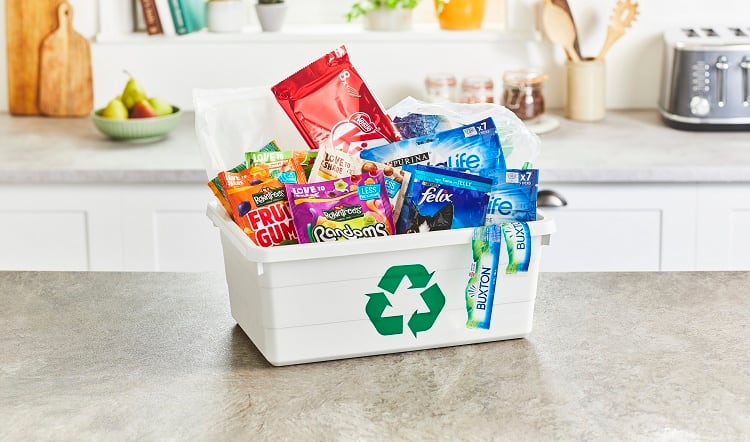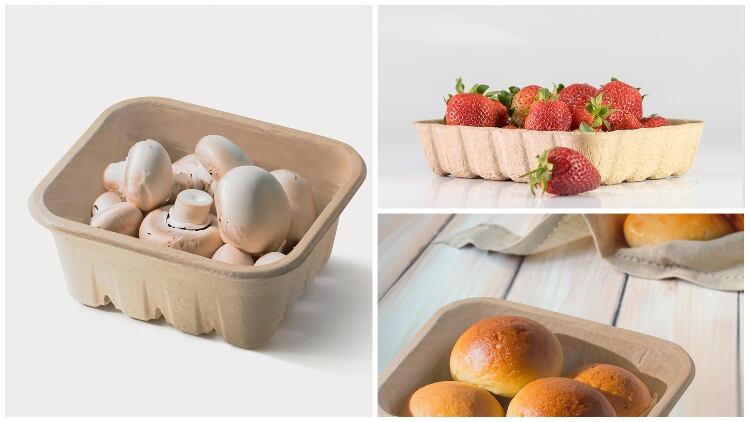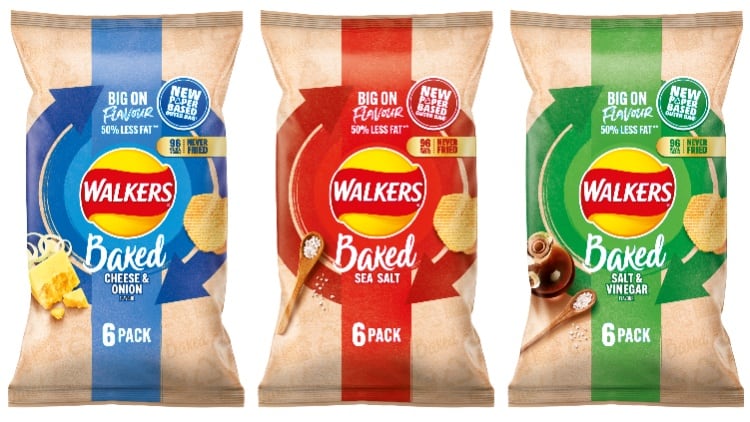Impact Recycling’s facility in Durham will turn flexible plastics typically used in food packaging and process then into pellets that can be used to make new flexible products such as postbags and refuse bags.
This is achieved through a novel process – known as the Baffled Oscillation Separation System (BOSS) – that sorts waste plastics by spinning them in water. This allows different materials to either sink or float depending on their density, making them easier to sort and collect the correct materials to recycle.
Nestlé has agreed to provide Impact with a £7m loan to get the process off the ground, as well as a grant from Innovate UK. The site is set to be operational by late summer 2024.
Replacing virgin plastics
The site will have the capacity to take 25,000 tonnes of hard-to-recycle flexible plastic and produce the pellets which can be used to replace virgin plastic films in construction and agriculture, as well as or to make bin bags.
This means the facility has the potential to recycle more than the amount of flexible plastic packaging Nestlé UK and Ireland places on the market.
Sokhna Gueye, head of packaging at Nestlé UK & Ireland, said: “I am thrilled to be joining forces with Impact Recycling and helping fund this new plant in Durham.
“At Nestlé, we are dedicated to ensuring our packaging can have multiple lives and doesn't end up as waste in landfill. Supporting innovative technologies like this is just one of the many steps we are taking towards achieving this goal.”
KitKat wrapper collection
Packaging such as KitKat wrappers, Purina pet food pouches, Rowntree confectionery sharing bags and Nestlé Cereal bags will be collected from major supermarket collection points so they can be recycled.
“In the UK and Ireland, our efforts continue at pace to ensure as close to 100% of our packaging is designed for recycling by 2025, and we continue to work towards all of our packaging being recyclable or reusable,” Gueye added.
“It is fantastic to see our packaging given a second life, and we are looking at many partnerships to help encourage the collection and recycling infrastructure in the UK.”
Paul Davidson, Smart Sustainable Plastic Packaging Challenge director at Innovate UK said the facility was a ‘great step’ towards the UK meeting its Plastic Pact targets.
Meanwhile, the European Consumer Organisation and member organisations from 13 countries have reported alleged “misleading commercial claims” about the recyclability of products manufactured by major drinking water bottle companies.





